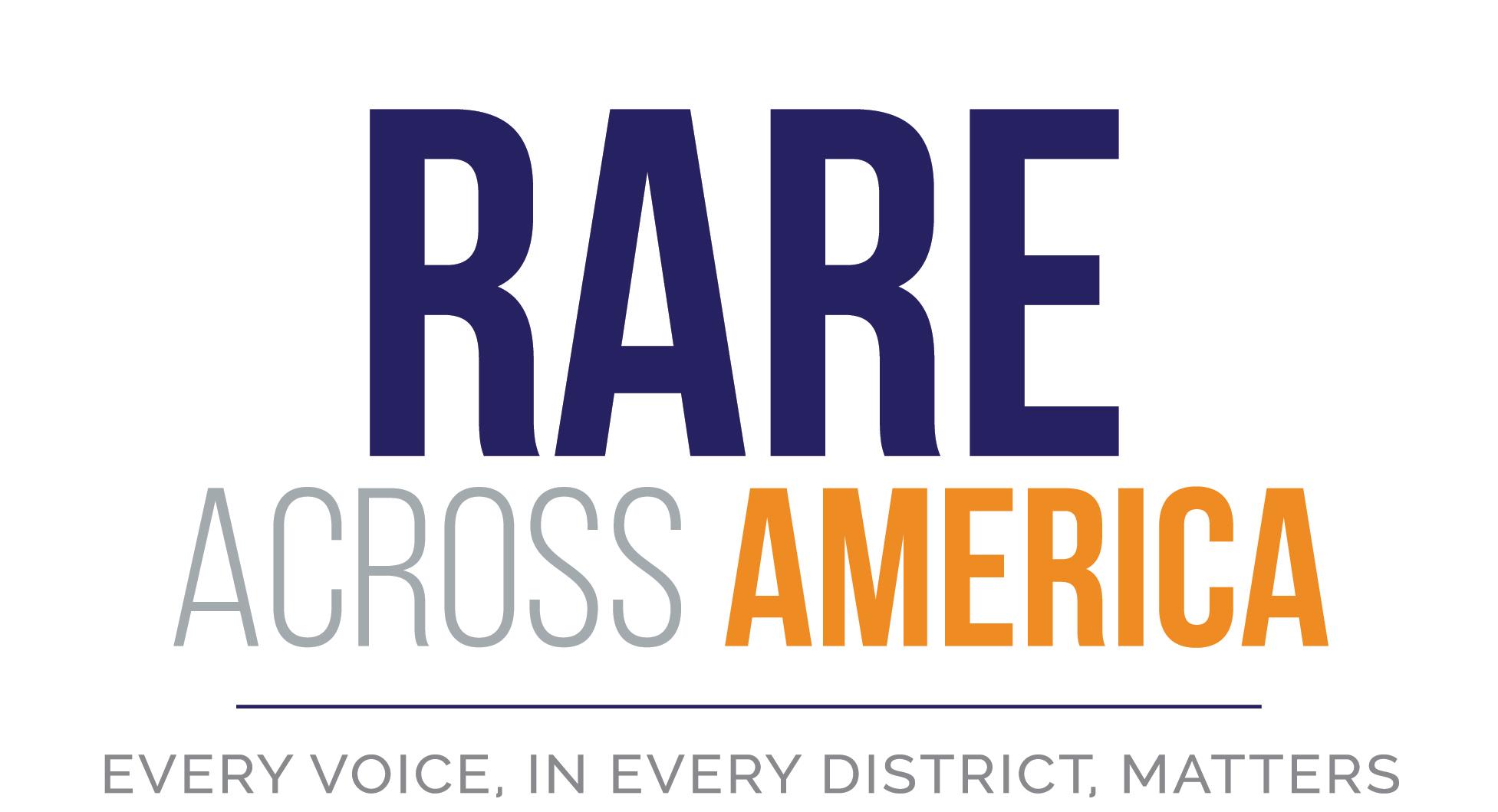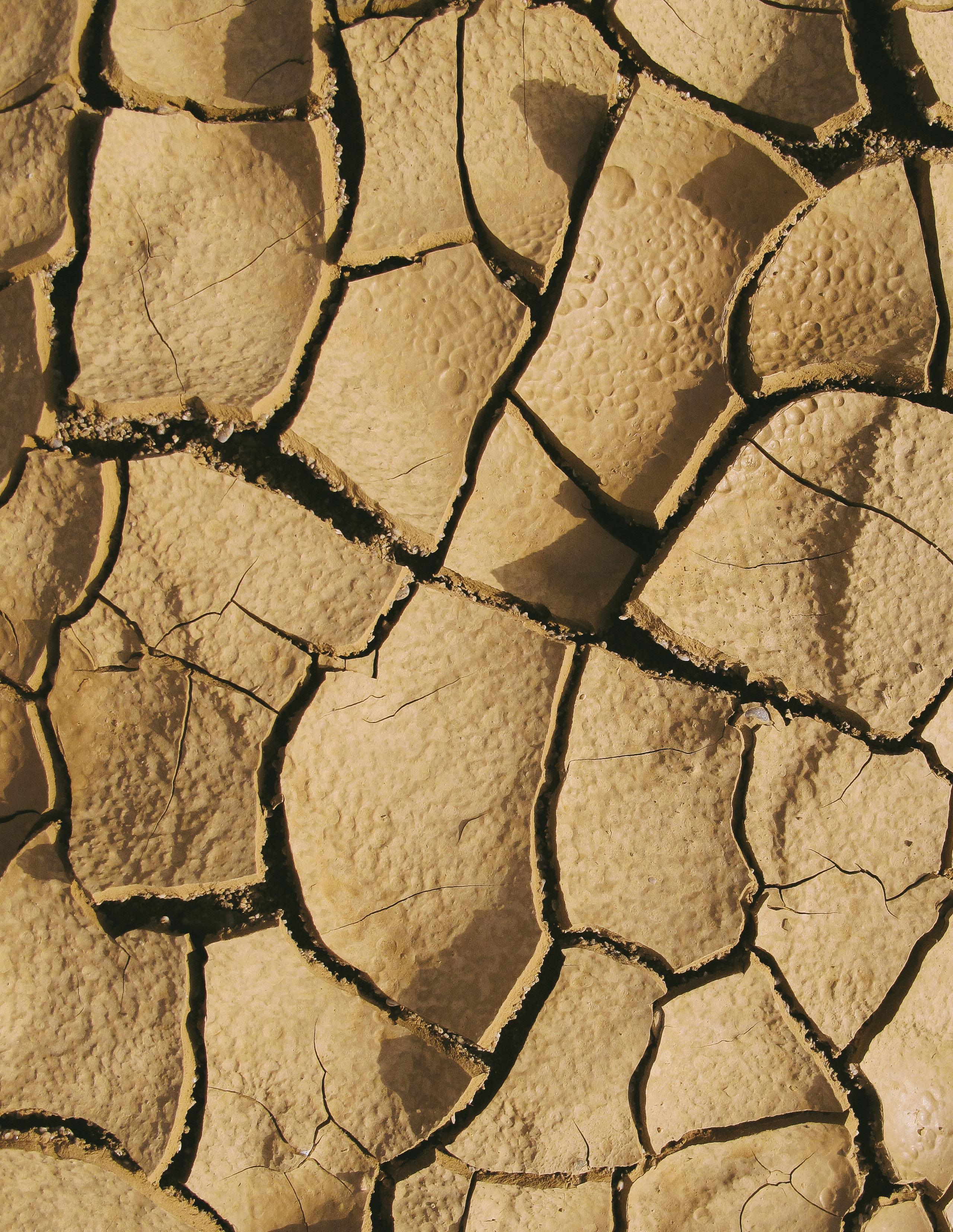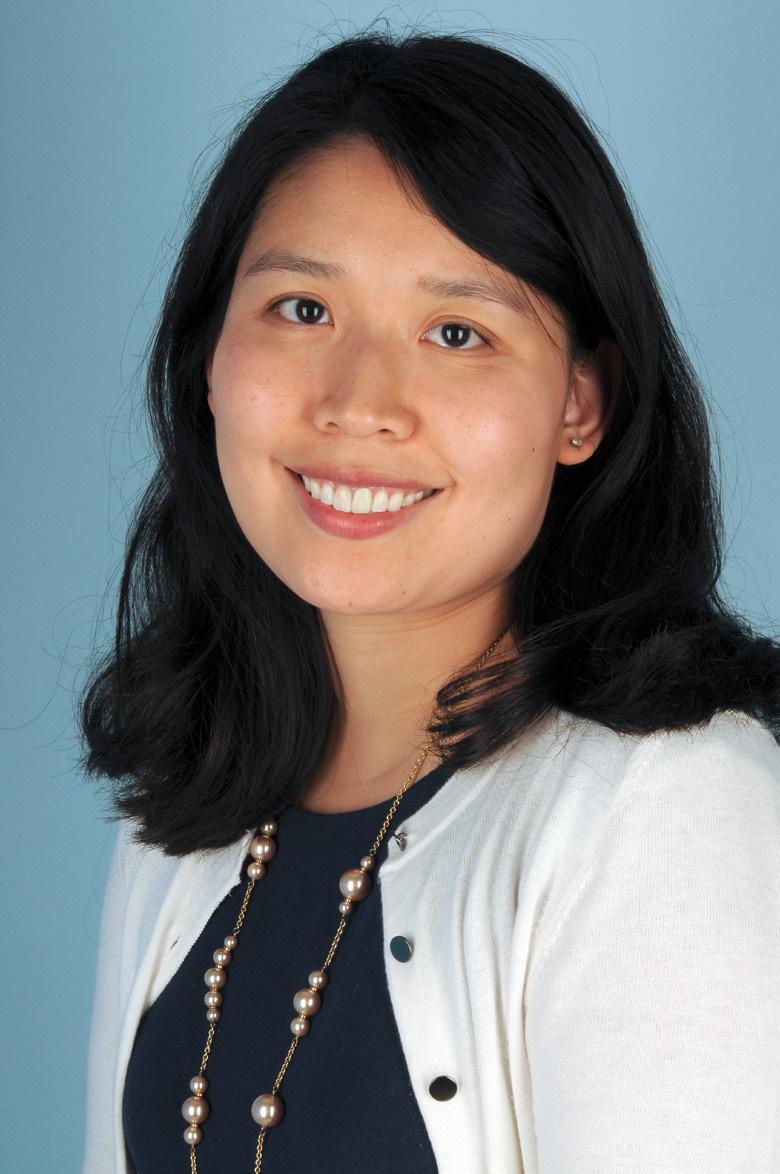
3 minute read
Connecting at Rare Disease Week on Capitol Hill
Though Rare Disease Week on Capitol Hill was only a few months ago, it seems like a world away when 12 IPPF rare disease advocates were together and able to hug, laugh, cry, meet wonderful new faces, and hear strong voices. Now that we are weeks into an ongoing isolation due to COVID-19, I am so grateful for that special time before so much closed.
IPPF patient-advocates traveled to Rare Disease Week from all corners of the US. When I arrived and entered my small hotel room, I felt alone. This was my first time attending Rare Disease Week, and I was in an unfamiliar city. Along with my excitement, I started to think about the “what ifs.” What if I couldn’t find the Reagan building where we were supposed to meet? What if I couldn’t find people from the IPPF? What if I didn’t have anything to say during the legislative meetings?
Advertisement
Of course, on the first day, bright and early, I found the building easily and located our familiar group. Marc Yale, the IPPF executive director, was ready with colorful IPPF t-shirts and folders full of the pertinent information we needed to be productive and well-informed. After a group photo, we joined advocates from other rare disease groups and divided into groups based on our home states or regions. The New Englanders were a mighty group, led by a gentleman whose young son suffered with a disease that would ultimately end his life as a young adult. As I sat with these fearless warriors, I listened to their stories. Each individual became dear to me. Their names, disappointments, and joys touched my heart, just as the IPPF community does. We were all in this dance of heartbreak and hope together. It’s a journey we never wanted to take, with pains and struggles we weren’t prepared for.
Each state group then traveled together and met with legislative representatives or staff members to advocate for various rare disease legislation. The congressional office staff members were extremely friendly and amenable to our concerns. By the end of the first meeting, we fell into an easy rhythm and developed a cohesive message.
It was gratifying to know that we contributed to the democratic process with our solitary voice magnified by the creation of this rare disease group. I no longer felt alone since I was standing strong with over 900 members of the same family. I never ran out of judicious asks for my Connecticut legislators, and my words did not fail me. I felt prepared for the meetings. The “what ifs” I originally feared vanished.
In this new world of COVID-19, we know that virus may affect us rare disease patients in particularly harsh ways. We not only need to advocate for our community more than ever, but we also need to keep in touch, listen, and support each other.
Every one of us has a story. We all carry a weight that may be unseen. Having mucous membrane pemphigoid has prepared me and given me compassion for the suffering in our world. With a kind ear and an open heart, we can each be the rare person who makes a difference—whether in Washington, DC, or next door. Our scars can remain scars, or perhaps we can turn them into maps to guide each other toward healing.
Holley Wright was diagnosed with ocular cicatricial pemphigoid when she received a biopsy in 2018 after four years of searching and eight doctors. She lives with her husband, David—a general dentist—and their yellow lab on a river in Connecticut. They have two grown and flown children.









